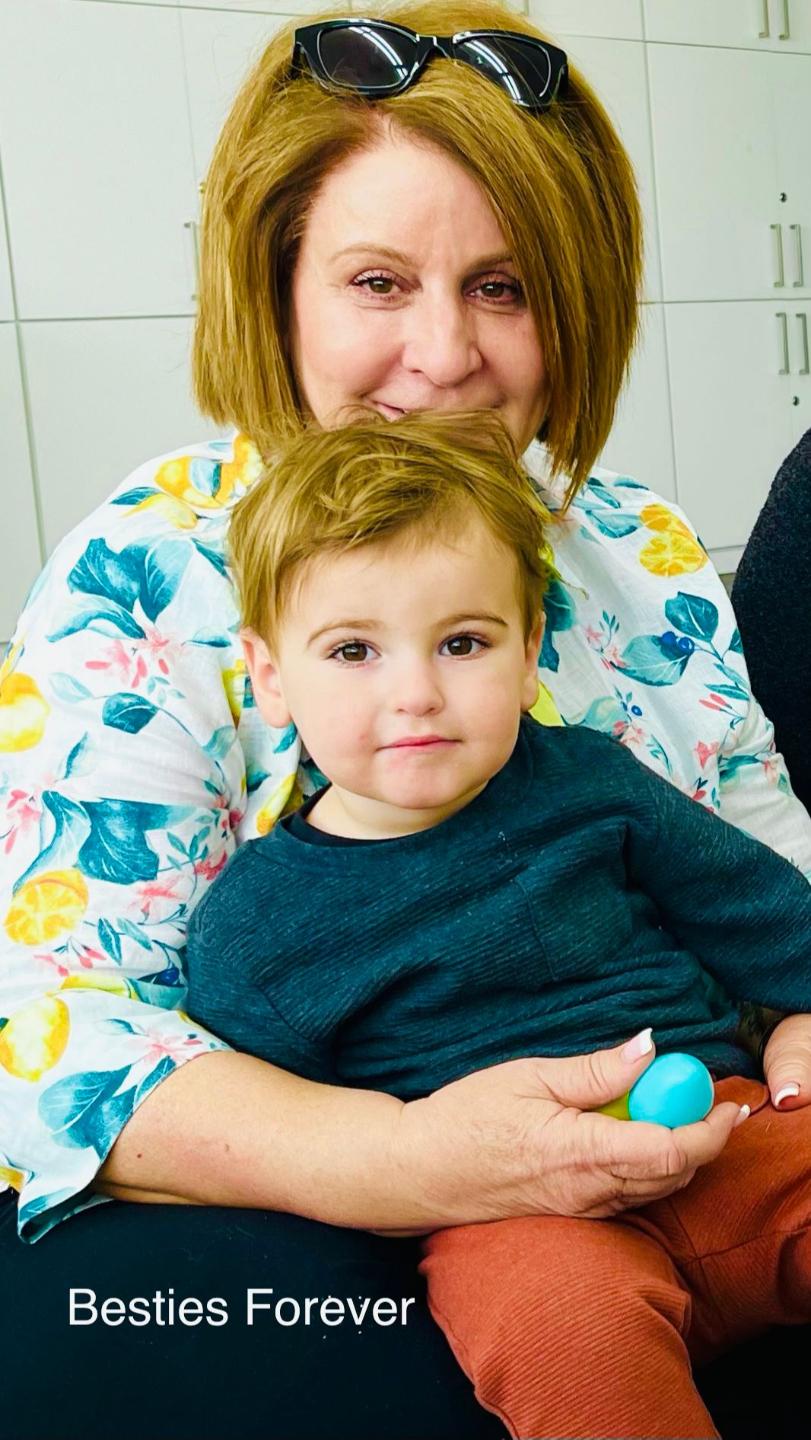In the vibrant world of early childhood, music serves as a universal language that transcends boundaries and nurtures essential life skills. Educational music videos designed for toddlers play a pivotal role in their development, particularly in cultivating social skills. This article explores how early childhood music education, especially through interactive videos, becomes a powerful tool for fostering interaction, cooperation, and meaningful connections.
- Promoting Active Participation
Educational music videos engage toddlers in a dynamic and participatory learning experience. Through singing, clapping, and moving to the rhythm, children actively interact with the content. This active engagement encourages them to explore their surroundings and interact with peers, laying the foundation for social interactions.
- Encouraging Peer-to-Peer Interaction
Music creates a shared experience that naturally draws children together. Whether in a classroom, playgroup, or family setting, toddlers come together to sing along, dance, and enjoy the music. This shared activity fosters a sense of camaraderie and provides opportunities for them to interact, communicate, and bond with their peers.
- Developing Listening and Communication Skills
Music requires attentive listening, a skill crucial for effective communication. Educational music videos introduce toddlers to various sounds, tones, and melodies, enhancing their listening skills. As they sing along or mimic movements, they learn to communicate and express themselves in a group setting.
- Instilling a Sense of Rhythm and Timing
Music often revolves around a structured rhythm and timing. Toddlers naturally sync their movements to the beat, learning to coordinate actions with others. This shared sense of rhythm encourages cooperation and helps children develop a collective sense of timing, which is essential for group activities and play.
- Fostering Cooperation in Play
Music can be a catalyst for cooperative play. When toddlers engage in musical activities together, they learn to take turns, share instruments, and collaborate on creating harmonious sounds. This cooperative play fosters a spirit of teamwork and teaches valuable social skills that extend beyond the musical realm.
- Building Confidence and Self-Expression
Educational music videos provide a non-judgmental platform for toddlers to express themselves. As they sing, dance, and engage with the music, they gain confidence in their abilities. This newfound confidence extends to social interactions, empowering children to communicate and connect with others more freely.
- Celebrating Diversity and Inclusion
Music embraces diversity by incorporating various musical styles, languages, and cultural elements. Through educational music videos, toddlers are exposed to a rich tapestry of global sounds. This exposure fosters an appreciation for diversity and inclusivity, teaching children to celebrate differences and connect with others on a deeper level.
Final Thoughts
Educational music videos designed for toddlers hold a unique power to nurture social skills. By providing a dynamic, interactive, and inclusive learning environment, these videos become catalysts for meaningful interactions and cooperation. Through music, toddlers not only embark on a journey of self-discovery but also forge bonds with their peers, setting the stage for a lifetime of positive social interactions. As we witness the magic of early childhood music education, we celebrate the harmonious symphony it creates in the hearts and minds of our youngest learners.
